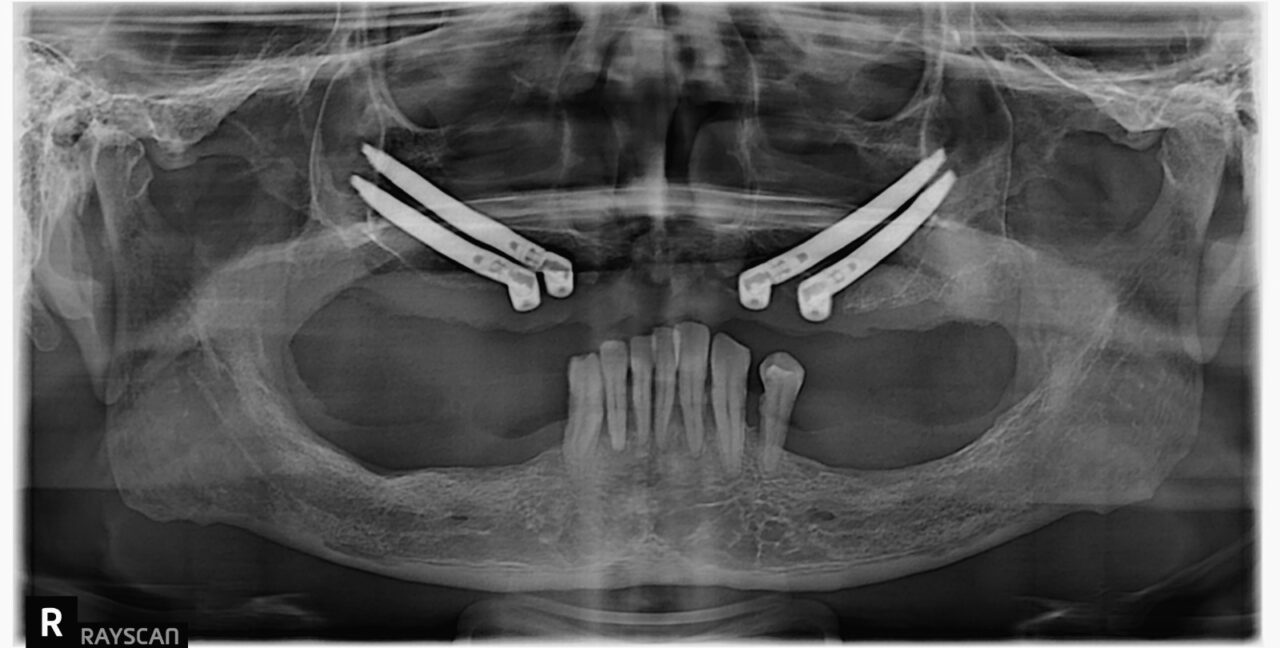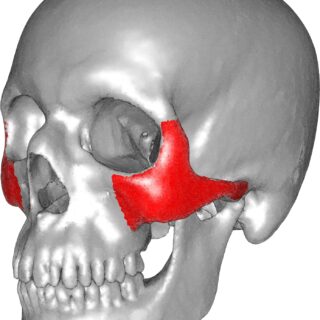
Outline:
- Introduction to Zygomatic Implants
- Definition and purpose
- Brief history
- Advantages over traditional implants
- Understanding Zygomatic Implants
- Anatomy of the zygomatic bone
- How zygomatic implants work
- Candidates for zygomatic implants
- Procedure for Zygomatic Implants
- Pre-operative assessments
- Surgical techniques
- Post-operative care
- Benefits of Zygomatic Implants
- Immediate results
- Reduced need for bone grafting
- Improved stability and durability
- Risks and Complications
- Potential complications
- How to minimize risks
- Comparing Zygomatic Implants with Traditional Implants
- Differences in procedure
- Long-term outcomes
- Cost of Zygomatic Implants
- Factors affecting cost
- Insurance coverage
- Choosing the Right Provider
- Qualifications and experience
- Frequently Asked Questions (FAQs)
- How long do zygomatic implants last?
- Are zygomatic implants suitable for everyone?
- Is the procedure painful?
- Can zygomatic implants be used for full mouth restoration?
- How much downtime is expected after the surgery?
https://www.magizhchidental.in/
Zygomatic Implants: A Revolutionary Solution for Dental Restoration
Dental implants have transformed the field of dentistry, providing patients with a reliable and durable solution for tooth replacement.
However, traditional implants may not be suitable for everyone, especially those with severe bone loss in the upper jaw. In such cases, zygomatic implants offer a revolutionary alternative, providing stability and support even in the absence of adequate bone structure.

Understanding Zygomatic Implants
Zygomatic implants, also known as zygoma implants or zygomaticomaxillary implants, are a type of dental implant designed to anchor to the zygomatic bone, or cheekbone.
Unlike traditional implants that are anchored into the jawbone, zygomatic implants utilize the dense bone structure of the cheekbone for support.
The zygomatic bone extends from the cheek to the area near the orbit of the eye, providing a strong foundation for dental implants. This makes zygomatic implants an ideal solution for patients who have experienced significant bone loss in the upper jaw due to conditions such as periodontal disease or trauma.
Procedure for Zygomatic Implants
The procedure for placing zygomatic implants typically involves a comprehensive assessment of the patient’s oral health and bone structure.
Advanced imaging techniques such as CT scans may be used to evaluate the condition of the jawbone and identify the optimal placement of the implants.
Surgical placement of zygomatic implants is performed under general anesthesia.
The implants are strategically placed into the zygomatic bone through small incisions made in the gum tissue.
In some cases, additional procedures such as bone grafting may be performed to enhance the stability of the implants.
After the implants are securely in place, temporary prosthetic teeth may be attached to provide immediate functionality and aesthetics.
Once the implants have fully integrated with the surrounding bone, permanent prosthetic teeth are fabricated and attached to the implants, restoring the patient’s ability to chew, speak, and smile with confidence.
Benefits of Zygomatic Implants
Zygomatic implants offer several advantages over traditional implants, making them an attractive option for patients with complex dental needs:
Immediate Results:
Unlike traditional implants that require months of healing before prosthetic teeth can be attached, zygomatic implants allow for immediate loading, meaning that temporary teeth can be attached on the same day as the surgery.
Reduced Need for Bone Grafting:
Because zygomatic implants utilize the dense bone of the cheekbone for support, there is often no need for bone grafting procedures, reducing overall treatment time and complexity.
Improved Stability and Durability:
The anchorage provided by the zygomatic bone results in superior stability and durability compared to traditional implants, minimizing the risk of implant failure and ensuring long-term success.
Risks and Complications
While zygomatic implants are generally safe and effective, like any surgical procedure, there are potential risks and complications that patients should be aware of. These may include infection, nerve damage, sinus issues, and implant failure.
However, these risks can be minimized by choosing a qualified and experienced dental provider and following post-operative care instructions diligently.
Comparing Zygomatic Implants with Traditional Implants
While both zygomatic implants and traditional implants offer effective solutions for tooth replacement, there are some key differences between the two procedures. Traditional implants require a sufficient amount of healthy jawbone for successful placement, whereas zygomatic implants can be used even in cases of severe bone loss.
Additionally, zygomatic implants often provide faster results and require fewer surgical procedures compared to traditional implants.
Cost of Zygomatic Implants
The cost of zygomatic implants varies depending on several factors, including the number of implants required, the complexity of the procedure, the geographic location of the dental provider, and whether additional procedures such as bone grafting are necessary.
While zygomatic implants may initially seem more expensive than traditional implants, they offer significant long-term benefits and can ultimately be a cost-effective solution for patients with complex dental needs.
Approximate Cost of Quad Zygoma with maxillary Fixed Prosthesis – 6000$(Upper arch only)
Choosing the Right Provider
When considering zygomatic implants, it’s essential to choose a qualified and experienced dental provider who specializes in implant dentistry.
Look for a provider who has undergone extensive training in the placement of zygomatic implants and who has a track record of successful outcomes. Reading patient reviews and testimonials can also help you evaluate the quality of care provided by a dental practice and ensure that you are making an informed decision about your dental health.
https://www.magizhchidental.in/
Conclusion
Zygomatic implants offer a revolutionary solution for patients with complex dental needs, providing stability, functionality, and aesthetics even in cases of severe bone loss in the upper jaw.
By understanding the benefits, risks, and considerations associated with zygomatic implants, patients can make informed decisions about their dental health and regain confidence in their smiles.
Frequently Asked Questions (FAQs)
How long do zygomatic implants last?
- Zygomatic implants are designed to be a permanent solution for tooth replacement and can last a lifetime with proper care and maintenance.
Are zygomatic implants suitable for everyone?
- While zygomatic implants offer significant benefits for patients with severe bone loss in the upper jaw, they may not be suitable for everyone. It’s essential to undergo a thorough evaluation with a qualified dental provider to determine if you are a candidate for zygomatic implants.
Is the procedure painful?
- The procedure for placing zygomatic implants is performed under General anesthesia, so patients typically do not experience pain during the surgery. Some discomfort and swelling may occur during the recovery period, but this can be managed with pain medication prescribed by your dental provider.
Can zygomatic implants be used for full mouth restoration?
- Yes, zygomatic implants can be used to replace multiple missing teeth and provide support for full mouth restoration procedures.
How much downtime is expected after the surgery?
- While recovery times can vary depending on the individual patient and the complexity of the procedure, most patients can expect to resume normal activities within a few days to a week after surgery.


